To better understand the province's orientation, solutions and specific steps in approaching the global Halal supply chain, Ca Mau Newspaper reporters had an interview with Mr. Chau Cong Bang, Deputy Director of the Department of Agriculture and Environment.
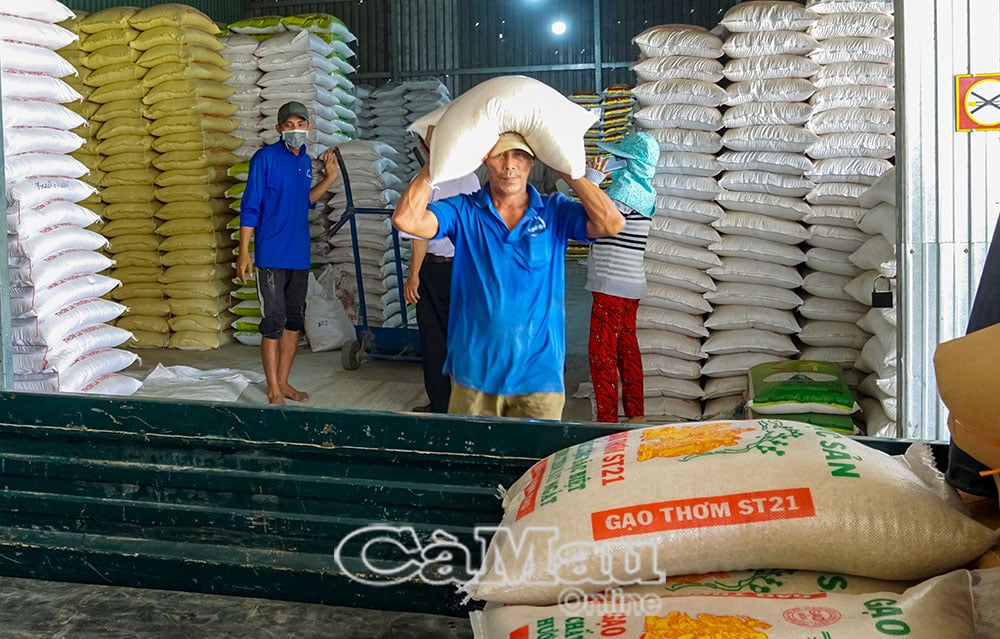
Standardization according to Halal standards, a new direction for Ca Mau rice in the international market.
- Sir, Ca Mau province has many key agricultural and aquatic products such as shrimp, crab, rice... How do you evaluate the potential and readiness of these products to participate in the global Halal supply chain?
Mr. Chau Cong Bang: Muslim countries currently have more than 2 billion people, distributed in 112 countries and territories, accounting for about 25% of the world's population. According to forecasts, the size of the global Halal food market could reach 3,000 billion USD by 2028 and up to 15,000 billion USD by 2050. This is a huge opportunity for Ca Mau to boost the export of agricultural and aquatic products, which are the province's strengths.
Regarding readiness, the Department has clearly identified key groups of tasks such as: Completing the legal system on Halal; promoting international cooperation on Halal certification; supporting businesses to produce according to Halal standards; building appropriate policy mechanisms; strengthening links between domestic and foreign businesses to create an effective Halal supply chain...
- So what specific steps has the Department taken to support businesses and cooperatives in accessing the Halal market?
Mr. Chau Cong Bang: We deploy in three main directions:
Firstly, regarding the State management framework: We propose to establish a specialized agency to manage Halal food in key provinces. Synchronizing data between agencies such as the Department of Finance and the Department of Industry and Trade will help businesses avoid overlap and optimize procedures. At the same time, developing national Halal standards is an important step, creating a solid legal foundation.
Second, on the development of the Halal ecosystem: It is necessary to establish a specialized industrial park for Halal food production with a modern and synchronous infrastructure system. Encourage the model of business alliances and supply chains to support small units to access and reduce costs. Develop Halal tourism products combining cuisine and friendly services, learning from leading localities such as Ho Chi Minh City, Hanoi, and Quang Ninh. Strengthen international cooperation, bring typical products of the province to international Halal fairs and exhibitions.
Third, promote business participation through organizing fairs, trade events, training and providing updated information on Halal consumption trends. Thereby, helping businesses improve packaging, labels and develop Halal brands.
- Currently, what difficulties are businesses and cooperatives in the province facing in accessing Halal certification? Does the Department have any solutions to remove these obstacles?
Mr. Chau Cong Bang: The main difficulties include: lack of clear information about Halal processes, standards and reputable certification organizations; small-scale production, not meeting strict requirements on hygiene, packaging, transportation; high costs of consulting, assessment, and certification; inconsistent certification processes of organizations; no common set of global Halal standards.
To solve this problem, we have implemented the following solutions: strengthening communication through seminars and training; taking advantage of financial and technical support sources for businesses and cooperatives; selecting reputable Halal certification organizations to introduce and support connections; promoting trade promotion activities and trading with countries with Muslim communities.
- In the context that the whole country is implementing the Halal Industry Development Project until 2030, how does the Department plan to coordinate to support local businesses, especially in training and trade promotion?
Mr. Chau Cong Bang: The Department of Agriculture and Environment of Ca Mau has identified the Halal industry as a strategic direction. We have been implementing specific activities: participating in the Provincial Steering Committee for International Integration, developing action plans for each stage, focusing on expanding the Halal market for agricultural and aquatic products. Organizing a conference on "Halal Certification - Export Opportunities to the Muslim Market", inviting international experts to provide practical guidance and advice to businesses. Cooperating with the Ministry of Foreign Affairs to develop a foreign publication "Vietnam: Emerging Halal Destination" to promote potential and attract cooperation. Cooperating in research and developing a set of Halal criteria in Vietnam for general application. Training specialized human resources in the field of consulting and production according to Halal standards. Promoting trade, expanding markets, combining Islamic cultural research to develop Halal tourism and spreading the Ca Mau brand through local products.
Thank you!
Performed by Hong Phuong
Source: https://baocamau.vn/huong-di-moi-cho-nong-nghiep-ca-mau-a39349.html








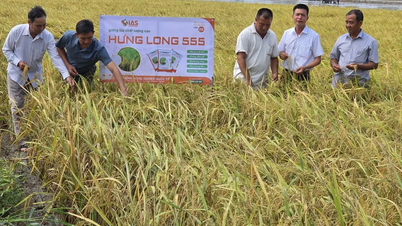

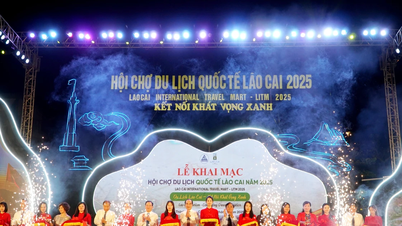

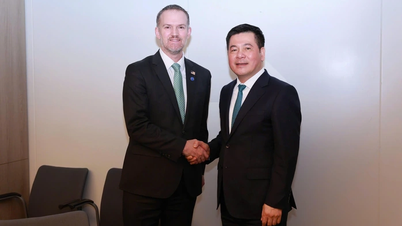

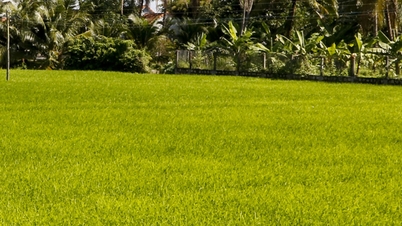

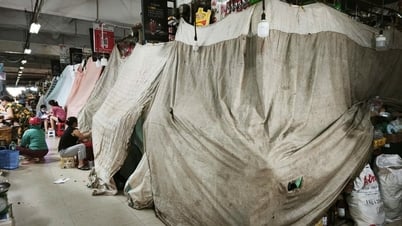

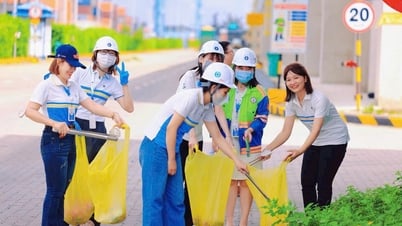





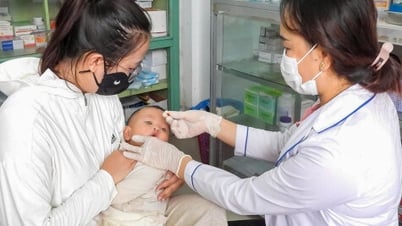
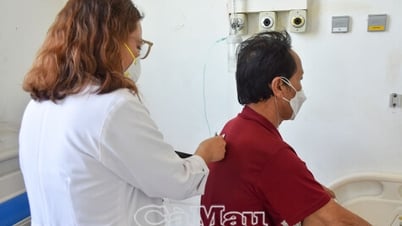
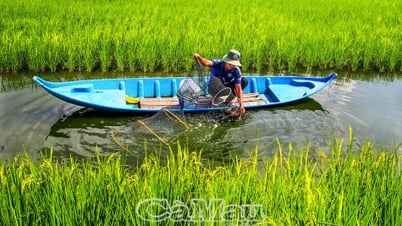
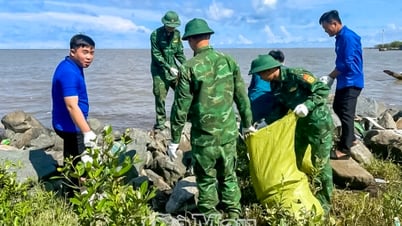
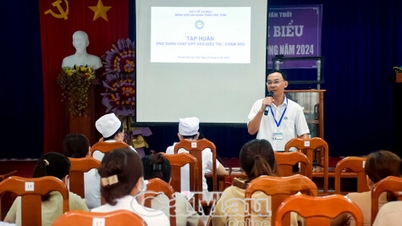
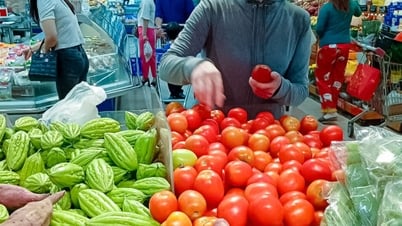











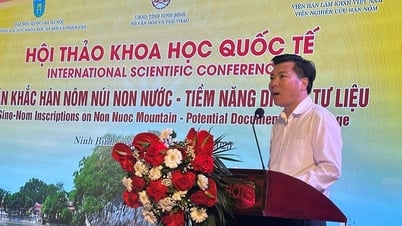






















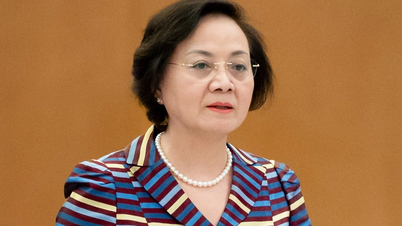

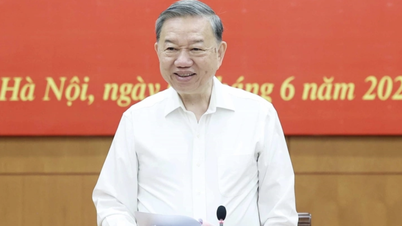













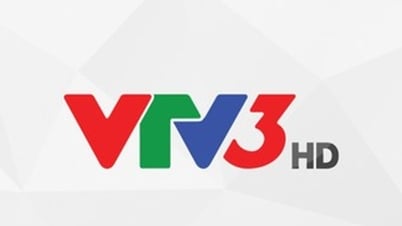














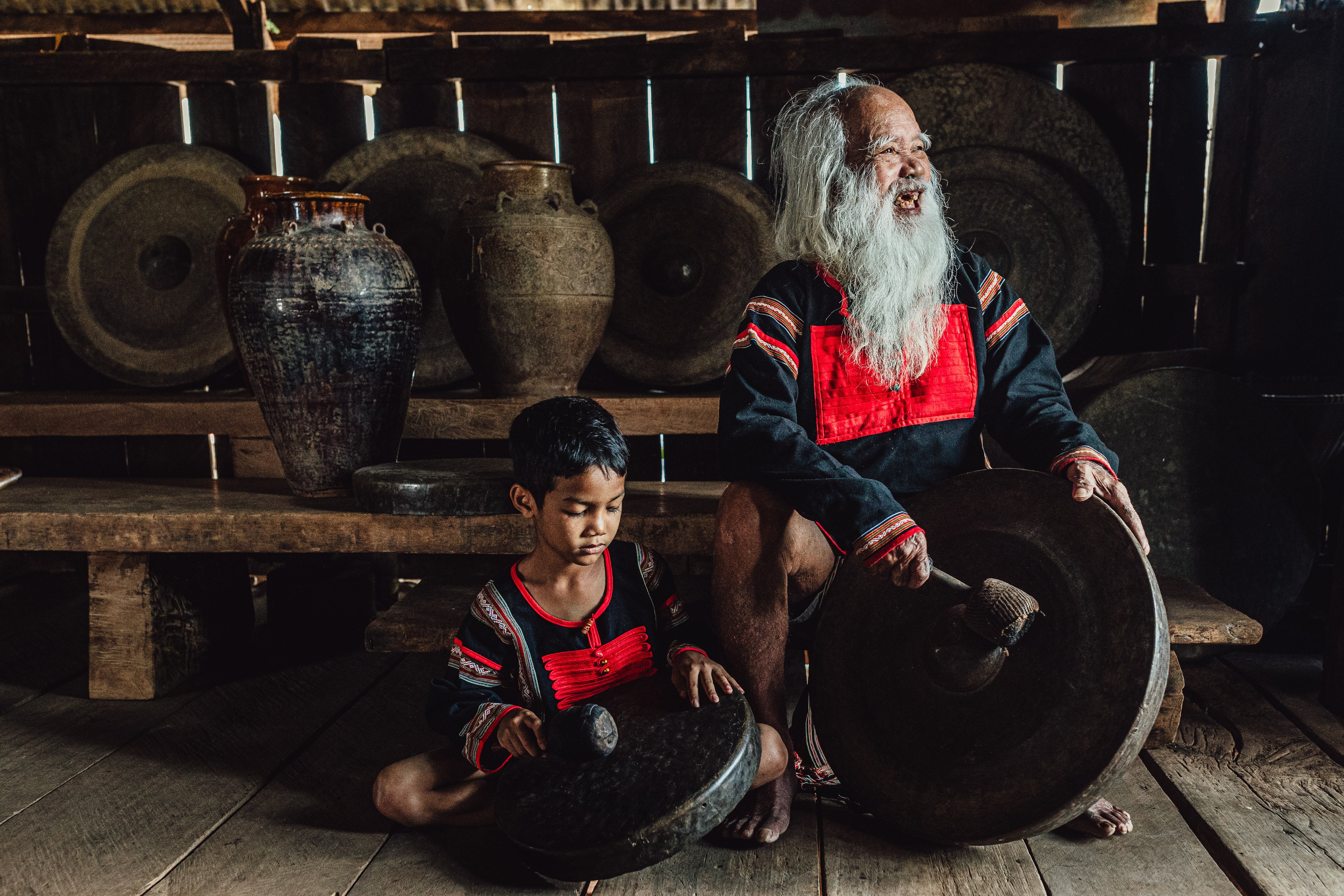

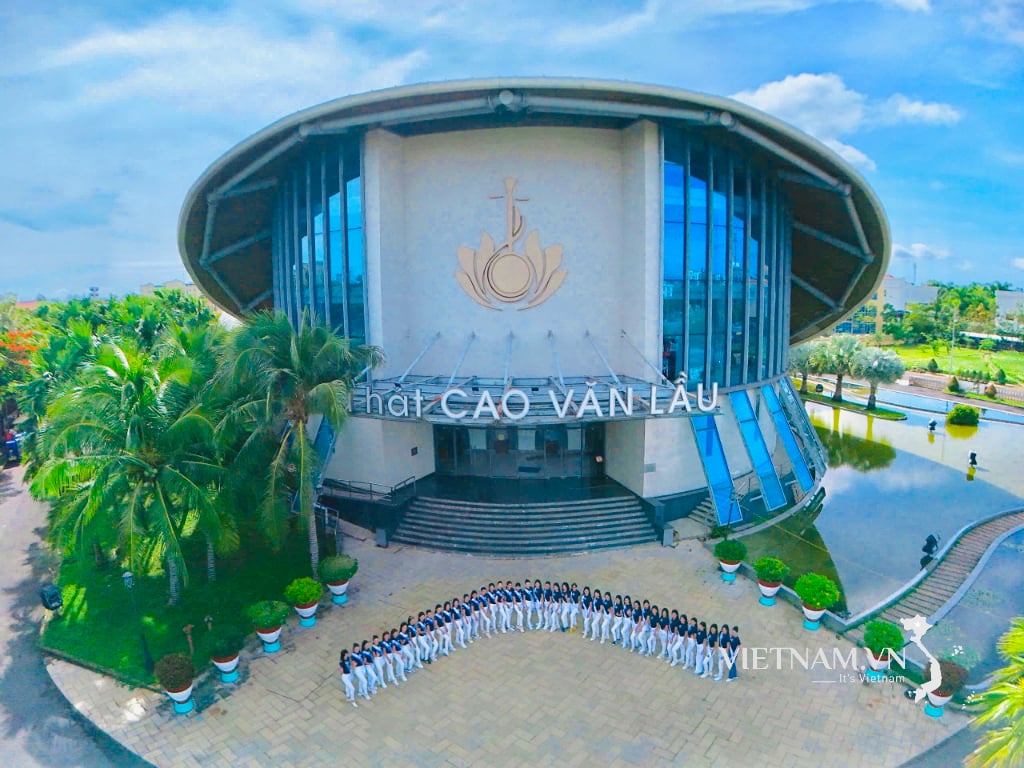
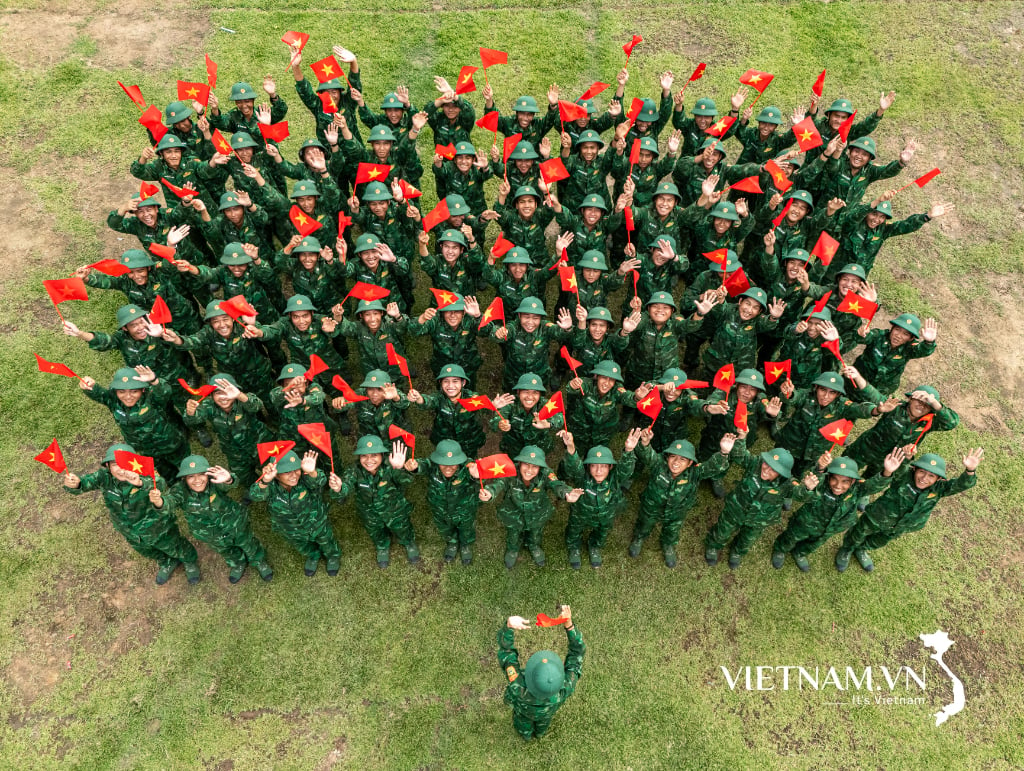
Comment (0)